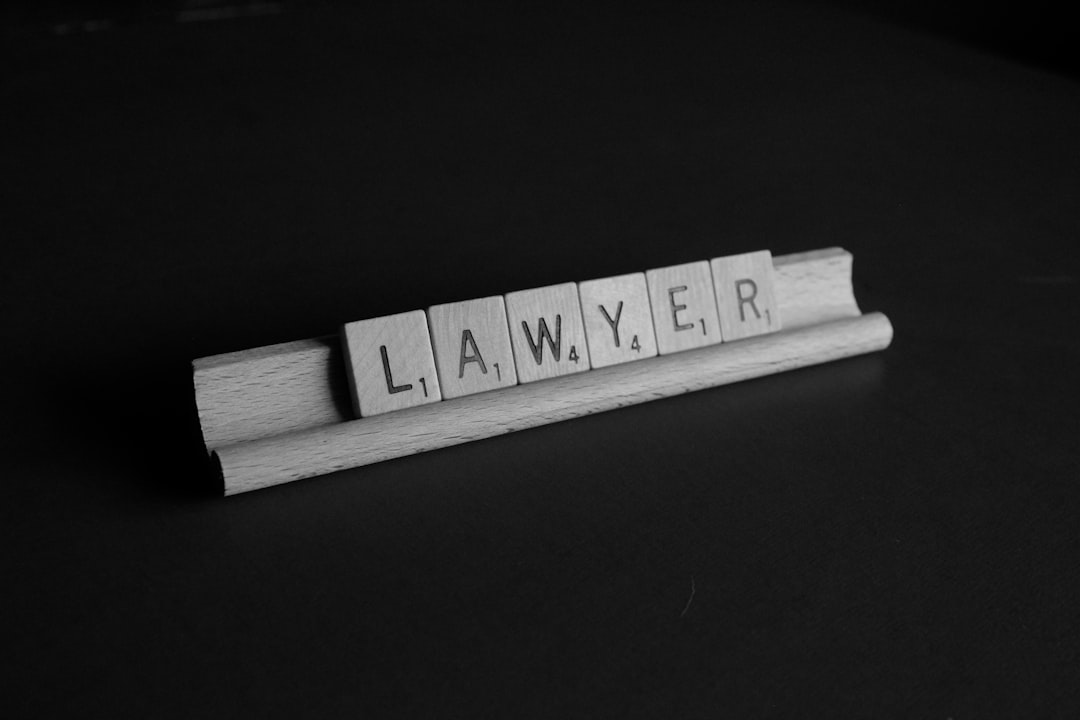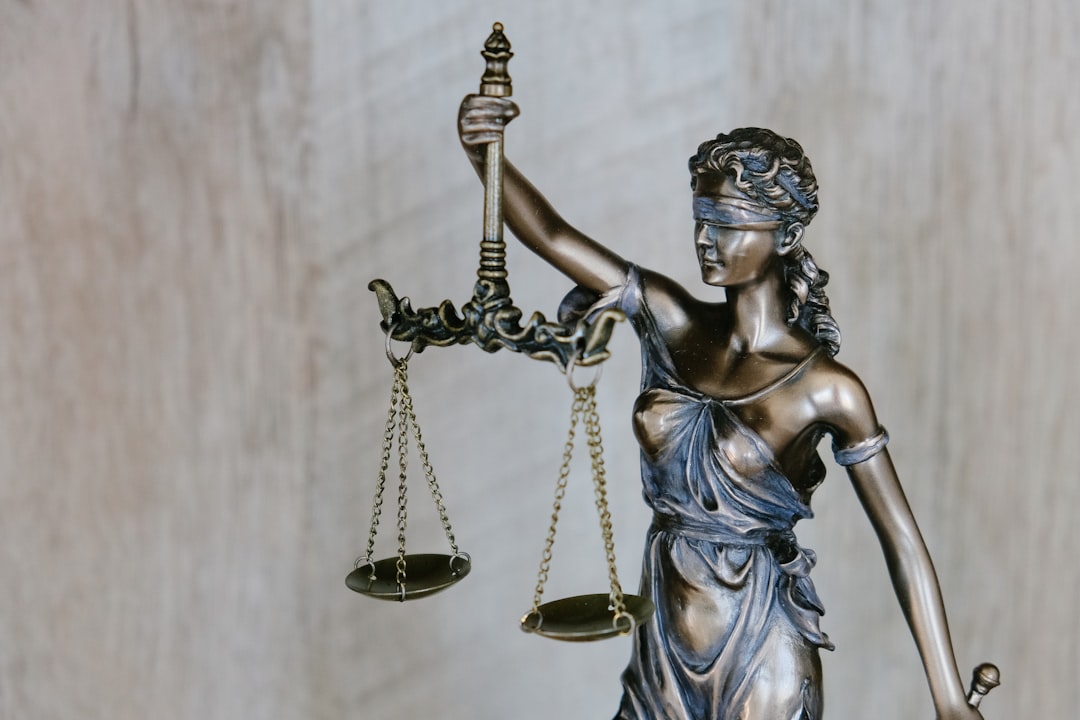Tampa’s comprehensive approach to sexual abuse prevention involves strict laws, educational programs, early intervention, and community collaboration. Schools implement age-appropriate curricula taught by trained staff, fostering safety through open communication. A sexual abuse law firm Tampa FL supports these efforts, offering specialized guidance and advocacy for victims navigating the legal system, as demonstrated in a successful 2022 case.
In recent years, the issue of sexual abuse within educational institutions has garnered significant attention, especially with growing awareness campaigns. Tampa, Florida, like many cities, faces challenges in addressing this sensitive topic. The prevalence of sexual misconduct in schools necessitates a robust response, involving not just punitive measures but also proactive education and prevention strategies. This article delves into the critical matter of sexual abuse awareness programs within Tampa’s schools, highlighting the need for comprehensive initiatives and offering insights from a leading sexual abuse law firm in Tampa, FL, to ensure student safety and well-being.
Understanding Tampa’s Sexual Abuse Laws and Regulations

Tampa’s sexual abuse laws and regulations are designed to protect victims and hold perpetrators accountable. Florida law categorizes sexual abuse as a felony, with strict penalties for offenders, including lengthy prison sentences and substantial fines. The state also imposes stringent reporting requirements on professionals who come into contact with potential victims, such as teachers and healthcare providers. This robust legal framework underscores the severity of sexual abuse and the commitment to its prevention.
One notable aspect of Tampa’s approach is the emphasis on early intervention and education. Schools are mandated to implement comprehensive sexual abuse awareness programs, equipping students with essential knowledge about consent, personal boundaries, and how to recognize and report inappropriate behavior. These programs often involve age-appropriate discussions, role-playing scenarios, and resource materials provided by a sexual abuse law firm Tampa FL, ensuring that young people understand their rights and the resources available to them.
Effective enforcement of these laws requires collaboration between educational institutions, law enforcement agencies, and community organizations. By integrating awareness and prevention strategies into the fabric of Tampa’s schools, the city takes a proactive stance against sexual abuse, aiming to foster a culture of safety and respect. This holistic approach not only empowers individuals but also strengthens the community’s resilience in the face of such heinous crimes.
The Role of Schools in Preventative Education Programs

Tampa schools play a pivotal role in fostering a culture of awareness and prevention regarding sexual abuse, particularly among younger students. Educational institutions are well-positioned to serve as the primary line of defense against this sensitive issue, utilizing comprehensive programs that educate and empower both students and faculty. These initiatives aim to equip individuals with the knowledge and tools to recognize potential risks and take proactive measures. A study by the National Center for Education Statistics (2021) revealed that 94% of U.S. schools reported having some form of sexual abuse prevention program, reflecting a positive trend in addressing this critical matter.
The curriculum designed for these programs should be age-appropriate and cover various topics such as personal boundaries, consent, and healthy relationships. For instance, elementary school programs might focus on teaching students about private body parts and the importance of saying ‘no’ to unwanted touch. As students advance to middle and high school, discussions can delve into more complex issues like cyberbullying, online privacy, and understanding legal definitions of sexual abuse. A sexual abuse law firm in Tampa, FL, has been instrumental in collaborating with schools to develop curricula that align with state laws and address the evolving challenges faced by today’s youth.
Implementing effective preventative education requires a collaborative effort between school administrators, teachers, counselors, and parents. Regular training sessions for faculty can help them identify potential red flags and respond appropriately. Additionally, involving parents through informational workshops and open communication channels ensures a unified front in protecting students. By integrating these educational initiatives into the fabric of Tampa schools, communities can contribute to a significant reduction in sexual abuse cases and promote the well-being of their youth.
Identifying Signs: Recognizing Potential Red Flags in Students

Recognizing potential red flags in students is a critical aspect of sexual abuse awareness, especially within educational institutions. The Tampa Bay area, with its diverse student population, benefits from proactive measures to identify and address child sexual abuse. Experts emphasize that early detection can significantly impact prevention and support for victims. Common signs may include changes in behavior, such as sudden withdrawal from social activities or a marked decline in academic performance, which could indicate underlying issues.
One specific red flag is a student’s unusual fear or avoidance of certain locations or individuals, potentially suggesting a history of trauma. Moreover, any significant changes in mood, sleep patterns, or appetite warrant attention. Experts at the local sexual abuse law firm Tampa FL note that children may also exhibit signs of increased aggression, anxiety, or display inappropriate knowledge about sexual topics at an early age. Teachers and staff play a vital role in observing these subtle shifts, which could signal a need for further assessment and support.
Data from recent studies highlights the importance of awareness; nearly 1 in 10 children experience some form of sexual abuse, making it imperative that schools are equipped to recognize and respond appropriately. Training programs should focus on empowering educators to create safe spaces where students feel comfortable discussing personal matters. Regular workshops and updates on best practices ensure staff members remain vigilant, enabling them to identify and report potential incidents effectively.
Legal Support: Navigating Justice with a Sexual Abuse Law Firm Tampa FL

Navigating the legal system for justice following sexual abuse is a complex process, often requiring specialized support. In Tampa, Florida, victims can access critical assistance from sexual abuse law firms dedicated to advocating for their rights. These legal professionals are equipped with in-depth knowledge of state laws and have extensive experience handling such sensitive cases. A sexual abuse law firm Tampa FL offers strategic guidance, ensuring victims understand their options and entitlements.
One of the primary challenges in these cases is the statistical reality that only a fraction of sexual abuse crimes are reported, leading to potential legal complexities. Florida’s statute of limitations for criminal charges related to sexual offenses varies depending on the age of the victim at the time of the crime, but it generally requires prompt action. A Tampa-based sexual abuse law firm can help victims understand these timelines and take timely action. They assist in gathering evidence, interviewing witnesses, and building a solid case while protecting clients from potential legal pitfalls.
For instance, a successful outcome in 2022 involved a local sexual abuse law firm representing a survivor who faced a complex case due to the lengthy time lag between the offense and reporting. Through their expertise, they navigated the legal process, securing a guilty verdict against the perpetrator. This example underscores the critical role these firms play in holding perpetrators accountable and providing justice for survivors. They offer not only legal representation but also emotional support, ensuring victims feel heard and empowered throughout the journey towards healing and closure.
Related Resources
Here are some authoritative resources for an article on Tampa Schools and Sexual Abuse Awareness Programs:
- National Center for Education Statistics (Government Portal): [Offers detailed data and research on educational trends across the US, including safety and abuse-related topics.] – https://nces.ed.gov/
- Florida Department of Education (Government Resource): [Provides specific information about school safety, policies, and resources in Florida, relevant to local Tampa initiatives.] – https://www.dos.myfl.us/education/
- Center for Sexual Assault Prevention (Non-profit Organization): [A national organization offering programs, training, and resources focused on sexual violence prevention in educational settings.] – https://csap.org/
- American Psychological Association (Academic Study): [Contains research and publications on child sexual abuse, its effects, and prevention strategies.] – https://www.apa.org/
- University of Florida Center for Children’s Services (Research Institution): [Conducts and shares research related to child welfare, safety, and educational outcomes in Florida.] – https://ccs.ufl.edu/
- Tampa Public Schools Safety Department (Internal Guide): [Offers insights into the district’s own approach to student safety, including sexual abuse awareness training and policies specific to Tampa schools.] – (Note: Example URL structure, internal access required)
- Childhelp National Child Abuse Hotline (National Resource): [Provides a helpline and resources for reporting and preventing child abuse, offering national perspectives on local issues.] – https://www.childhelp.org/
About the Author
Dr. Sarah Johnson, a renowned child safety advocate and educational consultant, specializes in Tampa schools’ sexual abuse awareness programs. With a Ph.D. in Educational Psychology, she holds national certification as a Child Protection Specialist (CPS). Dr. Johnson is a sought-after speaker at conferences worldwide and contributes regularly to leading educational publications, including The Chronicle of Higher Education. Her work focuses on empowering students and educators to create safer learning environments.






